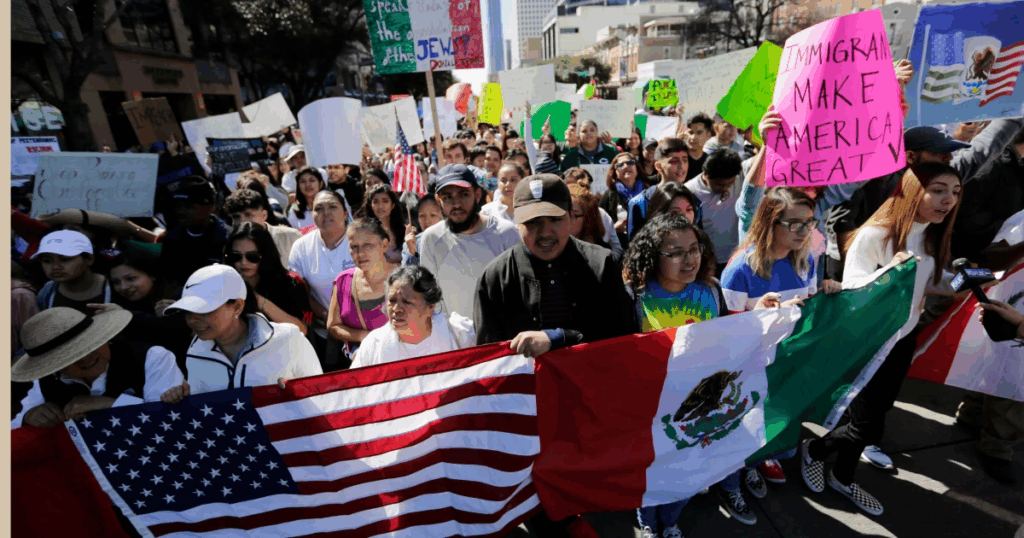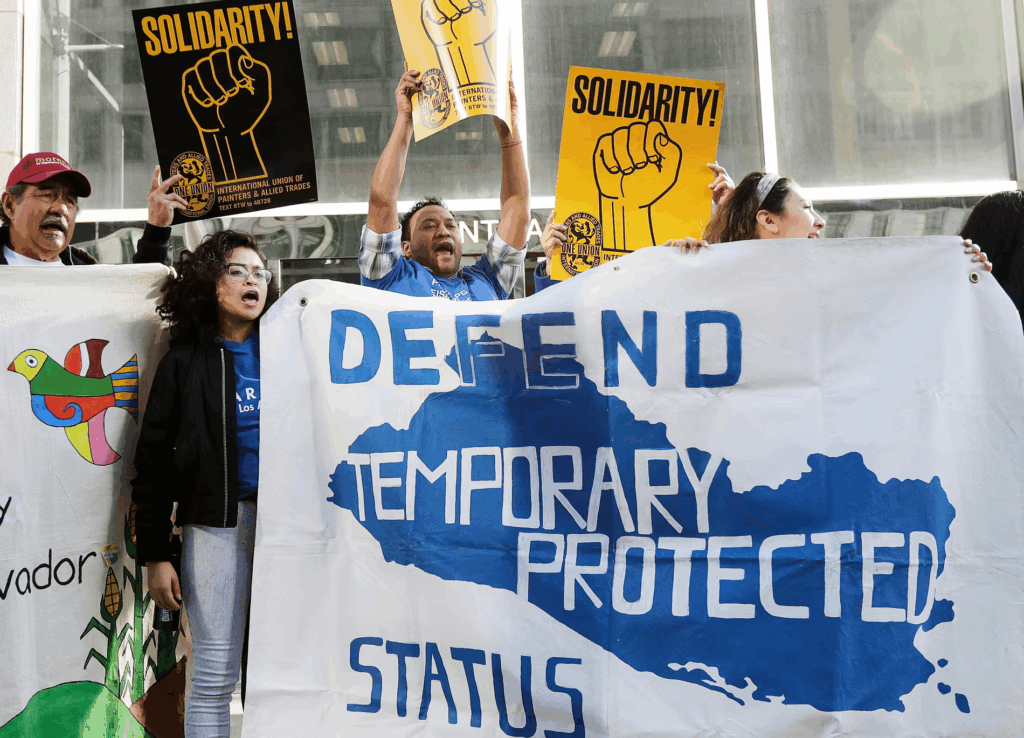DHS said it would terminate temporary protected status for an estimated 72,000 Hondurans and 4,000 Nicaraguans
In a significant policy shift, the Trump administration has announced the termination of deportation protections for thousands of Honduran and Nicaraguan immigrants, sparking concern and debate across the United States. This move marks a dramatic reversal of previous policies aimed at providing temporary relief and safety for these vulnerable communities.

For years, many Honduran and Nicaraguan nationals residing in the U.S. have relied on protections such as Temporary Protected Status (TPS), which allowed them to live and work legally without fear of deportation due to ongoing crises in their home countries. These protections have been vital for families seeking stability amid political turmoil, violence, and natural disasters.

However, the recent decision signals a tightening of immigration enforcement, with the government asserting that conditions in Honduras and Nicaragua have improved sufficiently to warrant the end of these protections.
Advocates for immigrant rights warn that the policy could lead to increased family separations, economic hardship for communities, and a surge in immigration enforcement actions. Many affected individuals have expressed fear and uncertainty about their future, fearing deportation to countries still grappling with violence and instability.

This policy reversal is part of a broader effort by the Trump administration to reshape the U.S. immigration landscape, emphasizing stricter enforcement and reduced protections for non-citizens. As legal challenges and debates unfold, the affected communities are calling for compassion, fairness, and a reconsideration of policies that impact lives and livelihoods.